Introduction
Veganism is a huge and growing international trend, and for good reason. Plant-based diets offer serious benefits to adherents: like reduced risk of cardiovascular disease, improved weight management and protection from Alzheimer’s disease and cognitive decline.
On the other hand, increased consumption of animals is linked to a greater risk of heart disease, cancer, stroke, obesity, diabetes, acne and erectile dysfunction. People who eat animals also tend to have a shorter lifespan than vegetarians.
The benefits of avoiding animal products extend beyond our individual lives as well. When we eliminate animals from our diet, we drastically reduce our environmental impact. We also protect animals from cruel and needless suffering.
Animal agriculture consumes vast amounts of resources, especially land and water, for relatively small yields. If we dedicated that energy to growing plants to feed people instead of crops for livestock, we could easily feed the hungry of the world.
It’s plain to see that we should all consider adopting a plant-based diet.
Just think of the world we could create if we did!
If you’re ready to make the switch, you’ll want to do so wisely.
Take a look at the tips below for avoiding mistakes people commonly make when switching to a plant-based diet and supplements that you should consider incorporating into your regimen to be sure you’re getting all of your nutrients.
Avoiding Common Pitfalls of the Vegan
Diet Dr. Will Cole shares the most common and unsuspected stumbling blocks of veganism, and shows us how to avoid them. Grains are a common component of vegan diets, but when we eat too many of them, problems can arise…
1) Eating too many carbs: Many people reach for grains when looking to replace meat in their diet, and our bodies just aren’t designed for heavy consumption of complex carbohydrates. Modern farming practices, pesticides and GMOs have changed our foods dramatically, making grains even more incompatible with our digestive tracts. High consumption of carbs destabilizes blood sugar levels and predisposes us to IBS and SIBO.
2) Gluten-induced inflammation: Eating lots of grains means you’re not only getting too many carbs, you’re also being exposed to an inflammatory protein: gluten. Gluten causes digestive upset that manifests as bloating, ulcers and abdominal pain. It also causes cognitive disturbances like brain fog, depression, anxiety and fatigue.
3) Antinutrients: Grains are also rich in compounds that inhibit absorption of nutrients: lectins and phytates. Lectins are a mild toxin that contribute to inflammation, weight gain and damage to the intestinal wall. Phytates bind to minerals in our foods, making it impossible for us to absorb and utilize them.
To avoid the negative consequences of consuming excessive grains, be sure to include lot of variety in your diet. Eat plenty of leafy greens, vegetables, herbs, fruits, beans, nuts and seeds. Grains are an integral part of a healthy diet. They contain fermentable carbohydrates that keep our microbiome happy. Just be careful not to eat them at the exclusion of other food groups.
 Supplements for Vegans
Supplements for Vegans
While many people insist that we can get all of our nutrients from whole foods, research seems to suggest the opposite. Due to depleted levels of soil nutrients and industrial farming techniques, our foods have less and less nutrients than they once did.
Although it may seem that a diet rich in a diversity of fruits, vegetables and greens would contain all of the vitamins and minerals that we need to thrive, many experts agree that vegans are susceptible to specific nutrient deficiencies. Using supplements is a great way to ensure you’re getting enough:
-
Vitamin B12
Vitamin B12 is essential for many important bodily processes and can be difficult to consume enough of it on a plant based diet. Be sure to include rich sources of vitamin B12 like unwashed organic produce, mushrooms grown in B12-enhanced soil, nori, chlorella, spirulina and nutritional yeast.
-
Vitamin D
Vegans and omnivores alike are at risk for vitamin D deficiency. Be sure to get at least 15 minutes of quality sun exposure to ensure you’re producing enough.
-
Omega-3 Fatty Acids
Long chain omega-3s are important for healthy brain function, cancer prevention and protection from inflammation. Great sources include flax seeds, chia seeds, walnuts and hemp seeds. Fish oil has been a popular source for omega-3s, but we now know that fish don’t produce the fatty acids but rather absorb them from the algae they eat. We can now take algae oil to meet our needs for omega-3 fatty acids.
-
Iodine
Iodine is key for thyroid function and many vegans are found to be deficient when it comes to iodine levels. Consuming seaweed several times weekly is considered sufficient to maintain healthy iodine levels.
-
Iron
Lack of iron in the diet results in anemia and inflammation. Protect yourself by eating lots of iron-rich foods like cruciferous vegetables, beans, peas, dried fruit, nuts and seeds.
-
Calcium
Calcium is essential for healthy bones and teeth and also supports the muscular, nervous and circulatory systems. Eat lots of leafy greens to make sure you’re getting enough. Foods like bok choy, kale, mustard greens, turnip greens, watercress, broccoli and chickpeas are all rich sources of calcium.
-
Zinc
Zinc is important for immune function, cellular repair and metabolism. Phytates in plants can make it hard for vegans to absorb a sufficient amount of zinc to meet their needs. Be sure to include lots of whole grains and sprouted legumes, nuts and seeds to ensure you’re getting enough.
 Meal Planning
Meal Planning
Meal planning is an important part of making dietary changes. The last thing we want is to be hungry and scrambling for something to eat that satisfies our new diet.
Give a little thought to your meals ahead of time so you won’t have to worry about what to eat next. Plus, you’ll be able to look forward to each meal with anticipation, which actually jumpstarts your digestive process.
You can find a very convenient tool for crafting meal plans at Forks Over Knives. The tool allows you to create meals that meet your unique needs and dietary preferences to make it easier to stick to your goals.
Changing your diets is one of the most challenging things you can do! But it can also be one of the most rewarding. Take care to ensure that you’re enjoying a rich diversity of plant-based foods, steer clear of the pitfalls we warned you about, and take advantage of supplements to ensure you’re getting all of your nutrients.






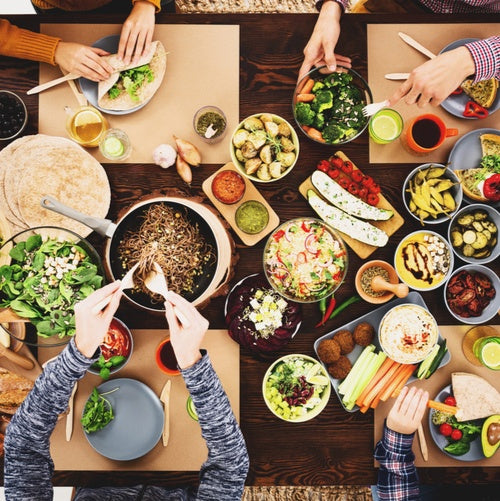
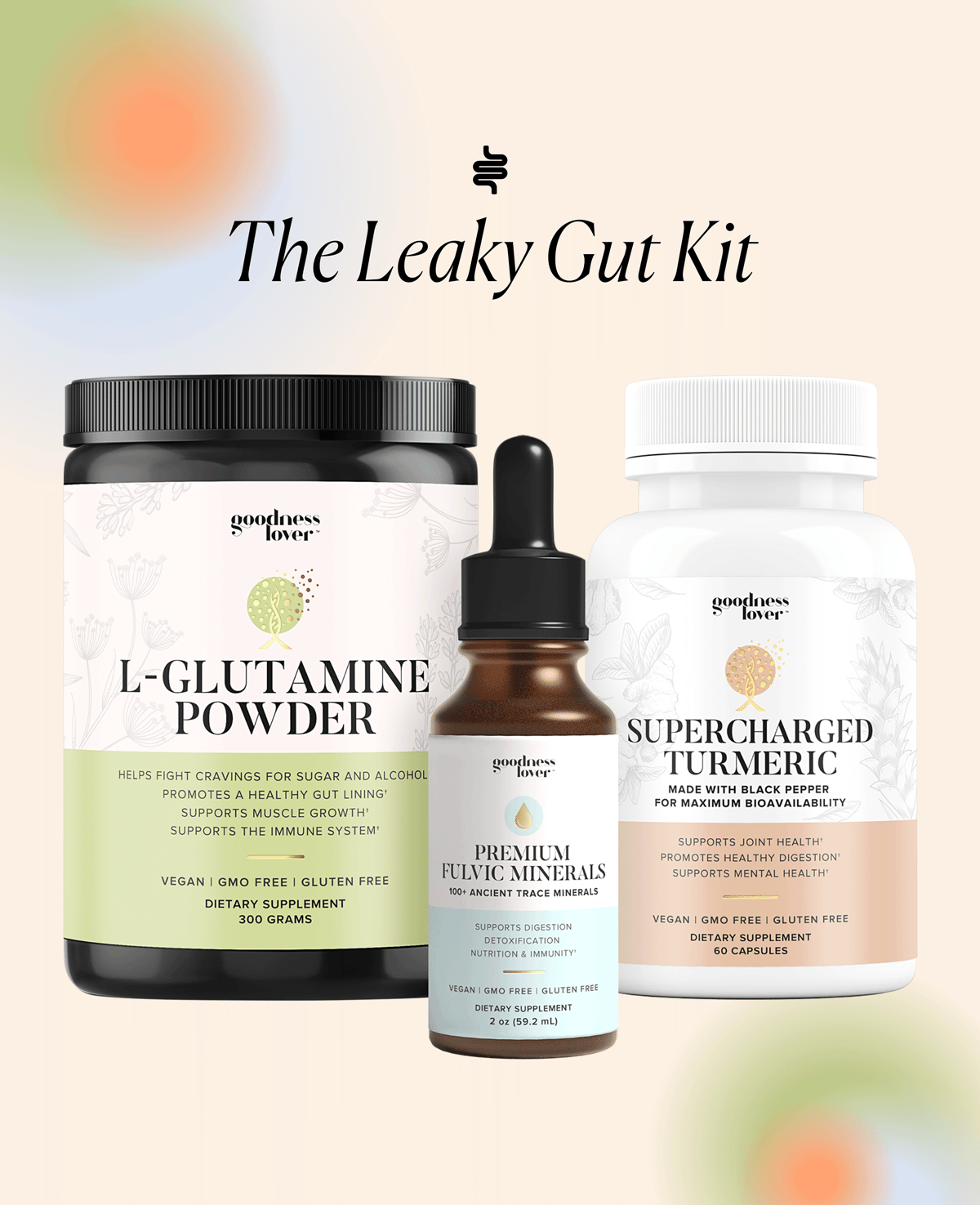
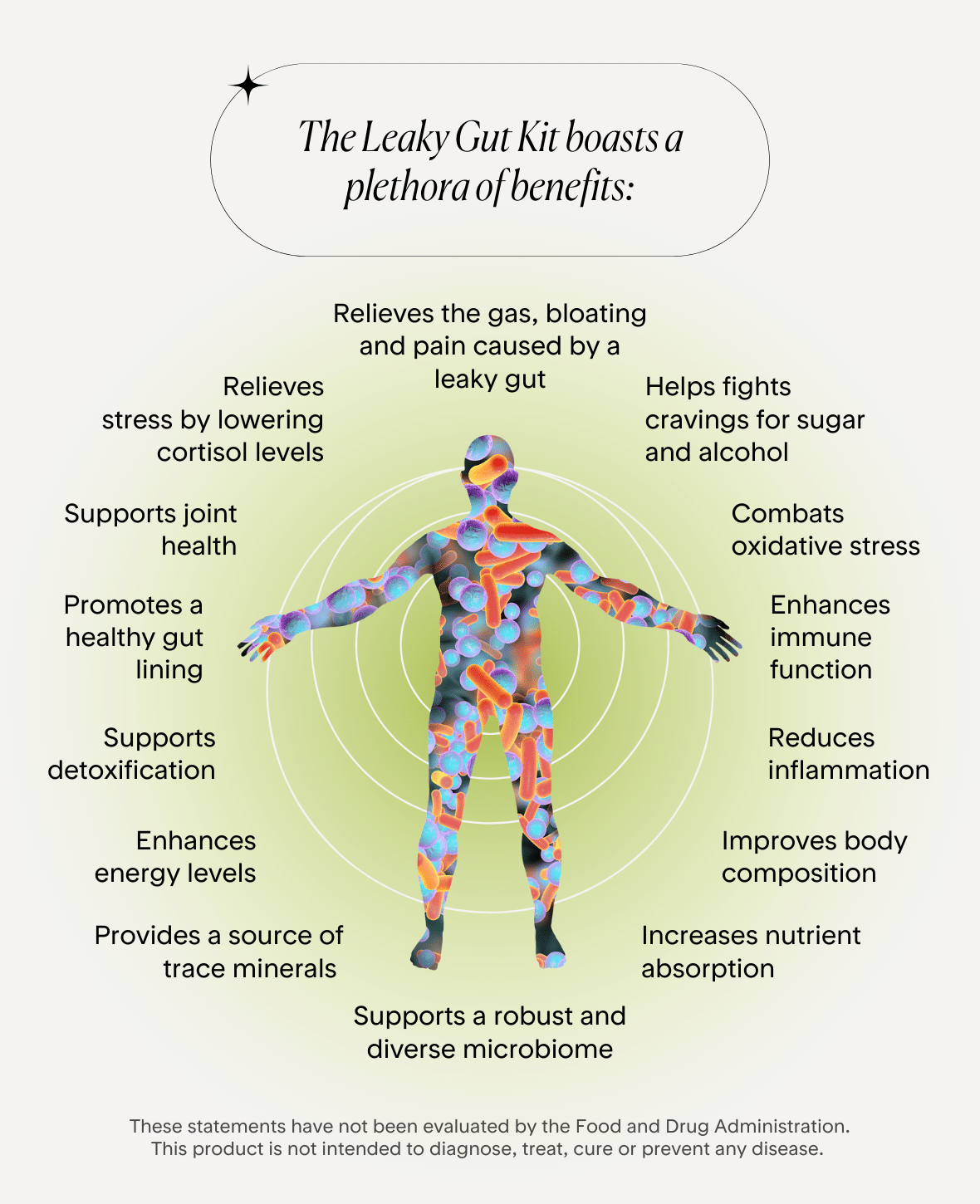
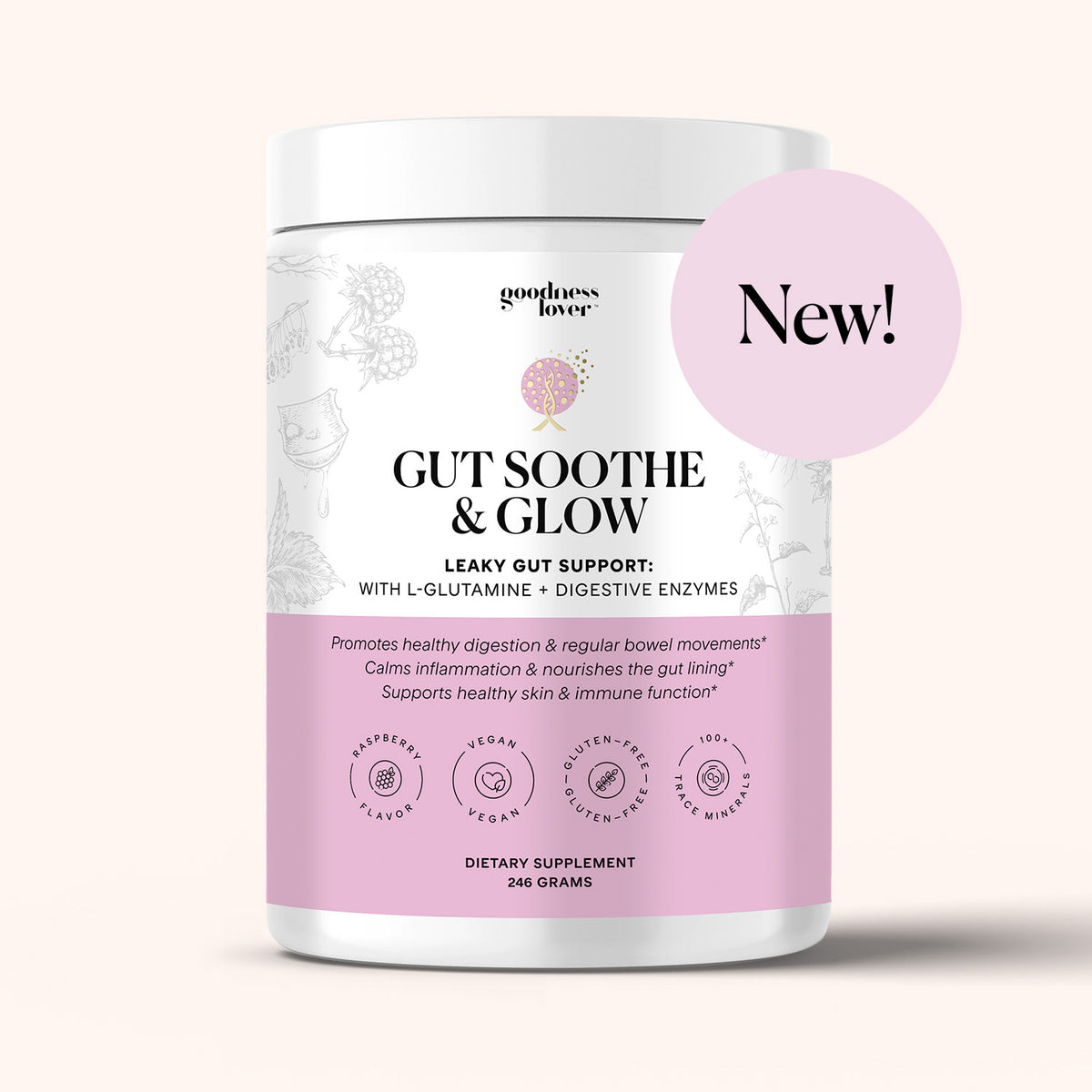
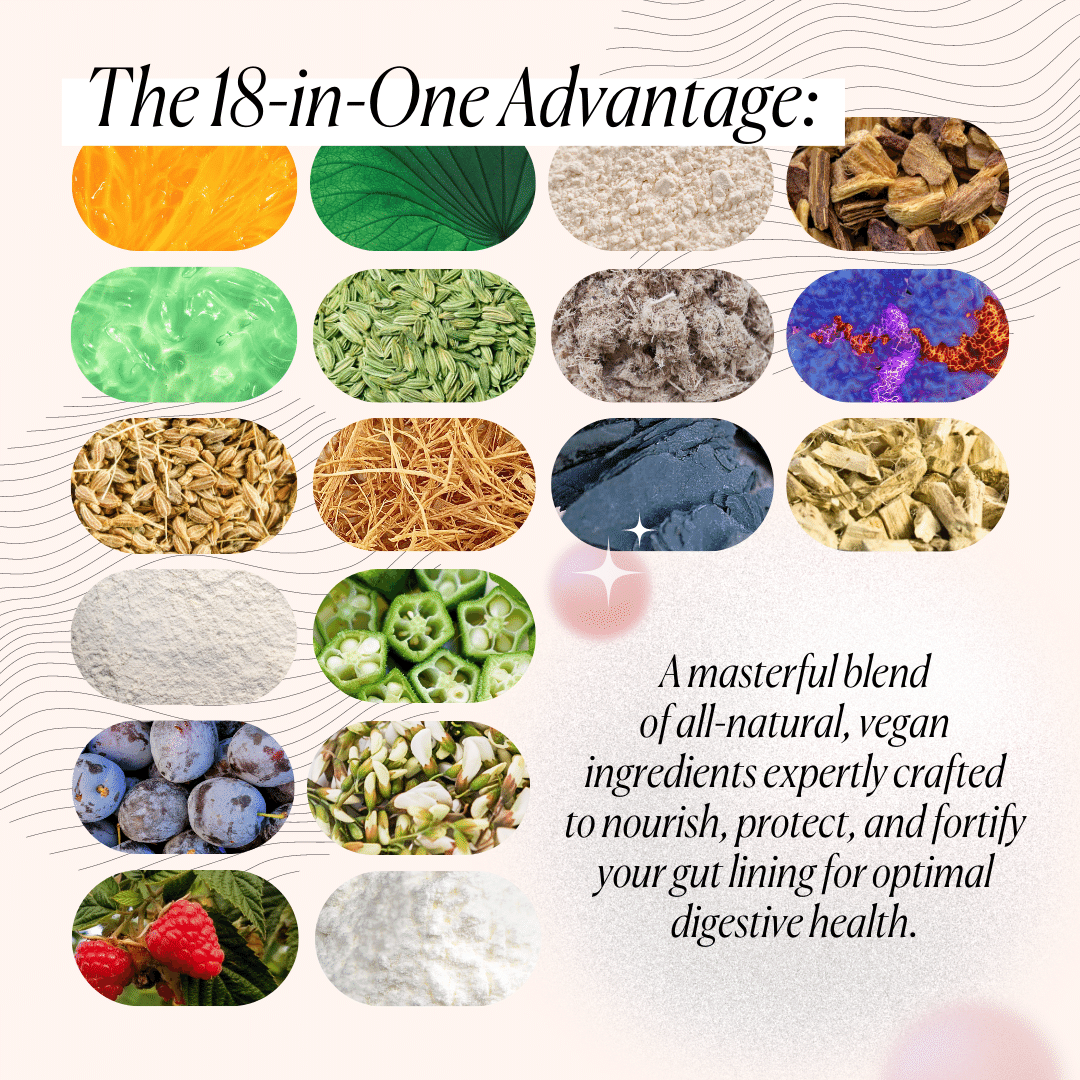





What Do You Think? Comment Below: